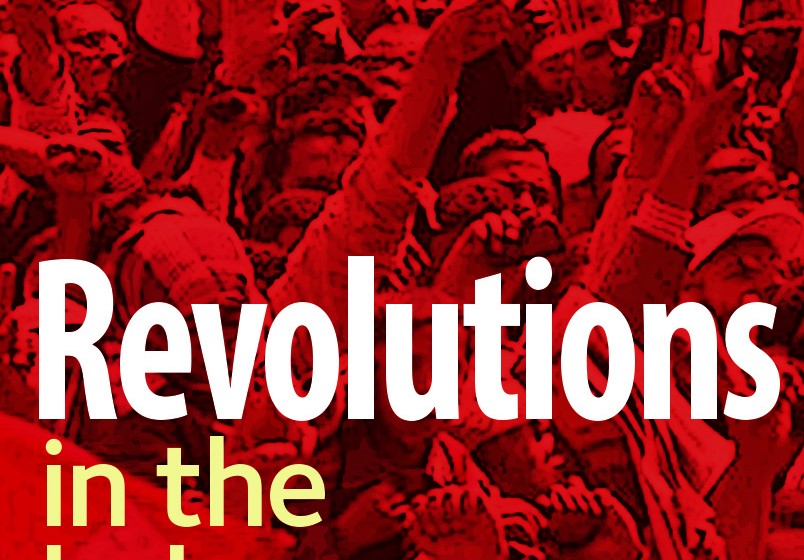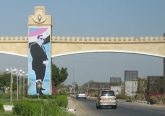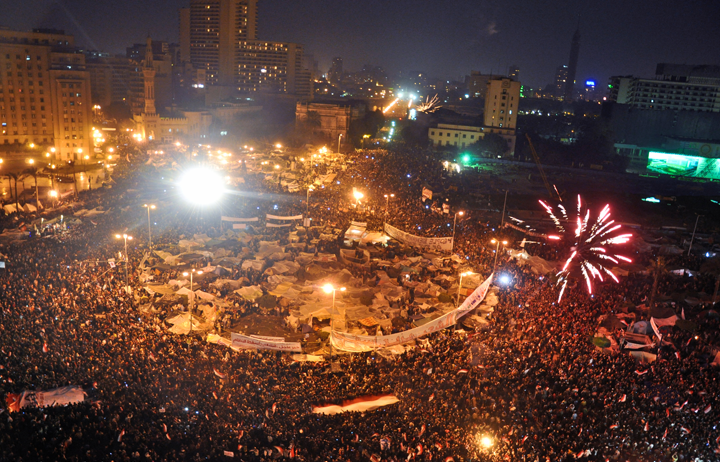The decision taken by France’s Credit Agricole and Japan’s Tokyo-Mitsubishi bank to leave Bahrain following the unrest in 2011 sparked widespread fears of a mass exodus of financial institutions and led to a slump in investor confidence, casting a shadow of doubt over the performance of Bahrain’s economy. However, three years later, these initial fears seem rather misplaced. Despite a drop in investor confidence, Bahrain’s financial sector has remained intact, and economic growth has rebounded to pre-2011 levels.
In the 1980s, in the wake of the Lebanese Civil War, Bahrain established itself as a regional financial center. In recent years, Bahrain has faced intense competition from Dubai and increasingly Qatar, but it has proven resilient due to its solid regulatory environment. The financial sector, second only to oil and gas, contributes nearly 17 percent of total GDP (2013, constant prices) and employs 10 percent of the national workforce (2009) thanks to its lucrative wages.
So when Credit Agricole and Tokyo-Mitsubishi decided to pack and leave, a sense of urgency prevailed. Credit rating agencies slashed Bahrain’s sovereign rating, prompting the government to launch in 2011 and 2012 an energetic campaign to restore investor confidence. A consensus was successfully forged among the overwhelming majority of merchants and political groups to safeguard economic growth and maintain liquidity. In return, the government indefinitely suspended its levy of the controversial BD 10 (USD 27) monthly fee imposed on business owners for every foreign worker they employ.
More importantly perhaps, the member states of the Gulf Cooperation Council – Saudi Arabia, the United Arab Emirates, Kuwait and Qatar in particular – sent a strong signal of commitment to Bahrain in 2011 by allocating USD 10 billion to the GCC Development Fund over 10 years. The amount, roughly equivalent to one third of Bahrain’s annual nominal GDP (2011), is destined for a variety of infrastructure projects, including the construction of new residential towns, road networks, sewerage connections, etc. But essentially, the pledge reinforced the unspoken rule behind Bahrain’s economic success: the implicit status of the GCC as its lender of last resort.
The return of investor confidence was eventually reflected in the country’s sovereign credit rating. In January 2013, S&P changed Bahrain’s outlook from ‘negative’ to ‘stable’. Around a year later, Fitch and Moody’s both followed suit. The IMF, which concluded its mission to the island last March, for the most part confirmed the government’s economic growth figures, and stated that the banking sector was “in good health” and enjoyed high capitalization rates on average.
Foreign direct investment flows continued to climb by 14 percent in 2012 and 12 percent in 2013 despite the political turmoil, largely owing to Bahrain’s free economy, ranked by the Heritage Foundation’s 2014 Index of Economic Freedom report as the freest in the MENA region. As important however in preserving FDI was the fact that roughly 70 percent of inward FDI stocks (2006) came from the GCC states. Several Gulf tycoons, most notably Saudi Prince Al-Waleed Bin Talal, expressed their solidarity with the government and vowed to uphold their support for Bahrain’s economy.
Yet, as the IMF is keen to point out, Bahrain’s swift economic recovery does not say anything about its long-term challenges. These include soaring public spending and a break-even oil price of $114 per barrel, the highest in the GCC. Both the government and parliament have failed to find the political will to cut back subsidies, and efforts to promote the hiring of nationals in the private sector and to downsize the civil service do not appear to have borne fruit. By all counts, the situation is unlikely to change soon. With the October 2014 parliamentary elections in sight and political tensions between the various political groups at a high, the prospect of a broad-based political coalition emerging to push through unpopular economic reforms seems unlikely. Nonetheless, the early fears about a mass exodus of financial institutions has failed to materialize and Bahrain’s Economic Development Board has announced that it expects growth of up to 4 percent in 2014. For now, at least, Bahrain appears to be an economy on the upswing.







No Comment